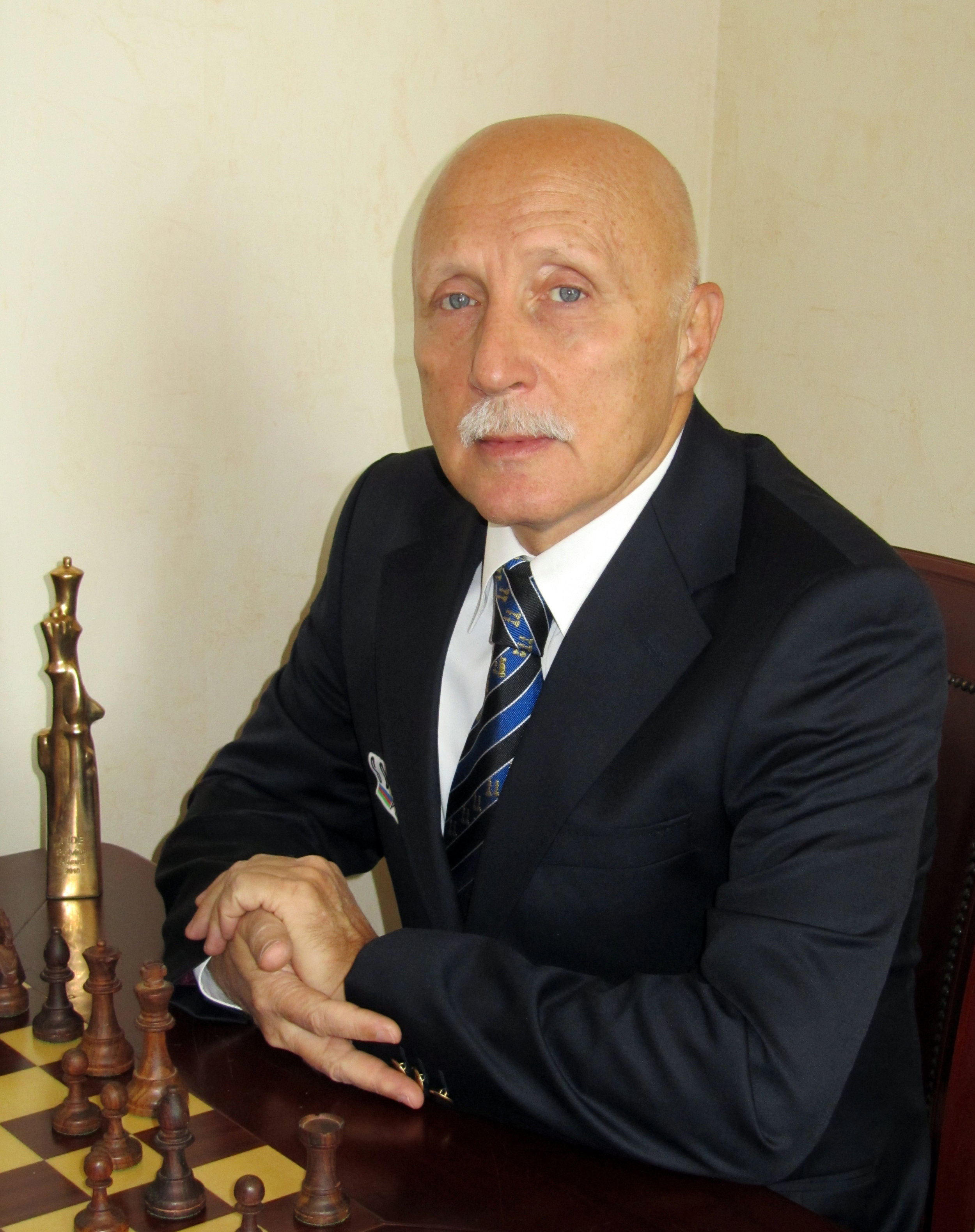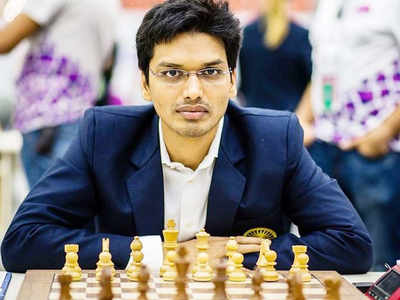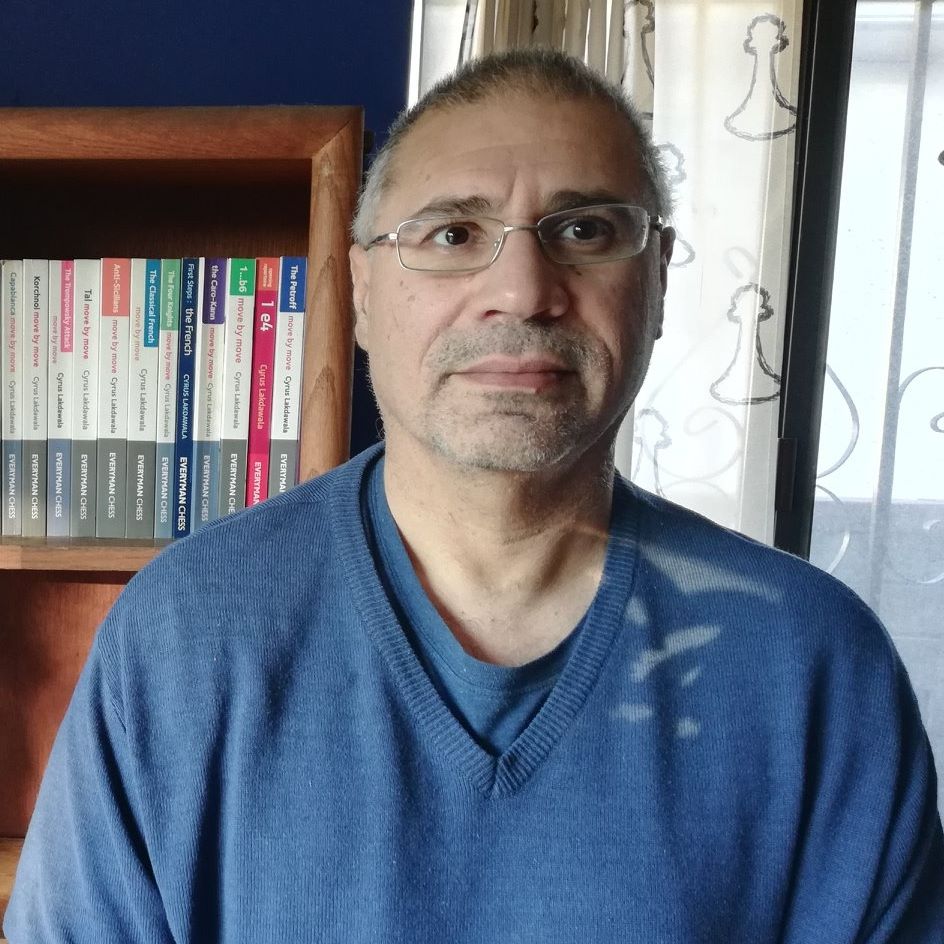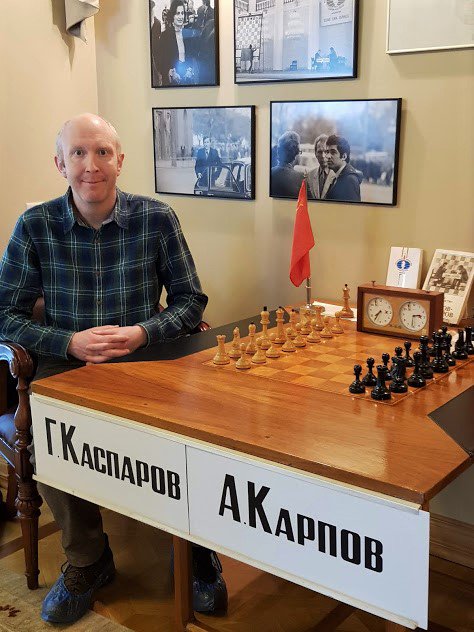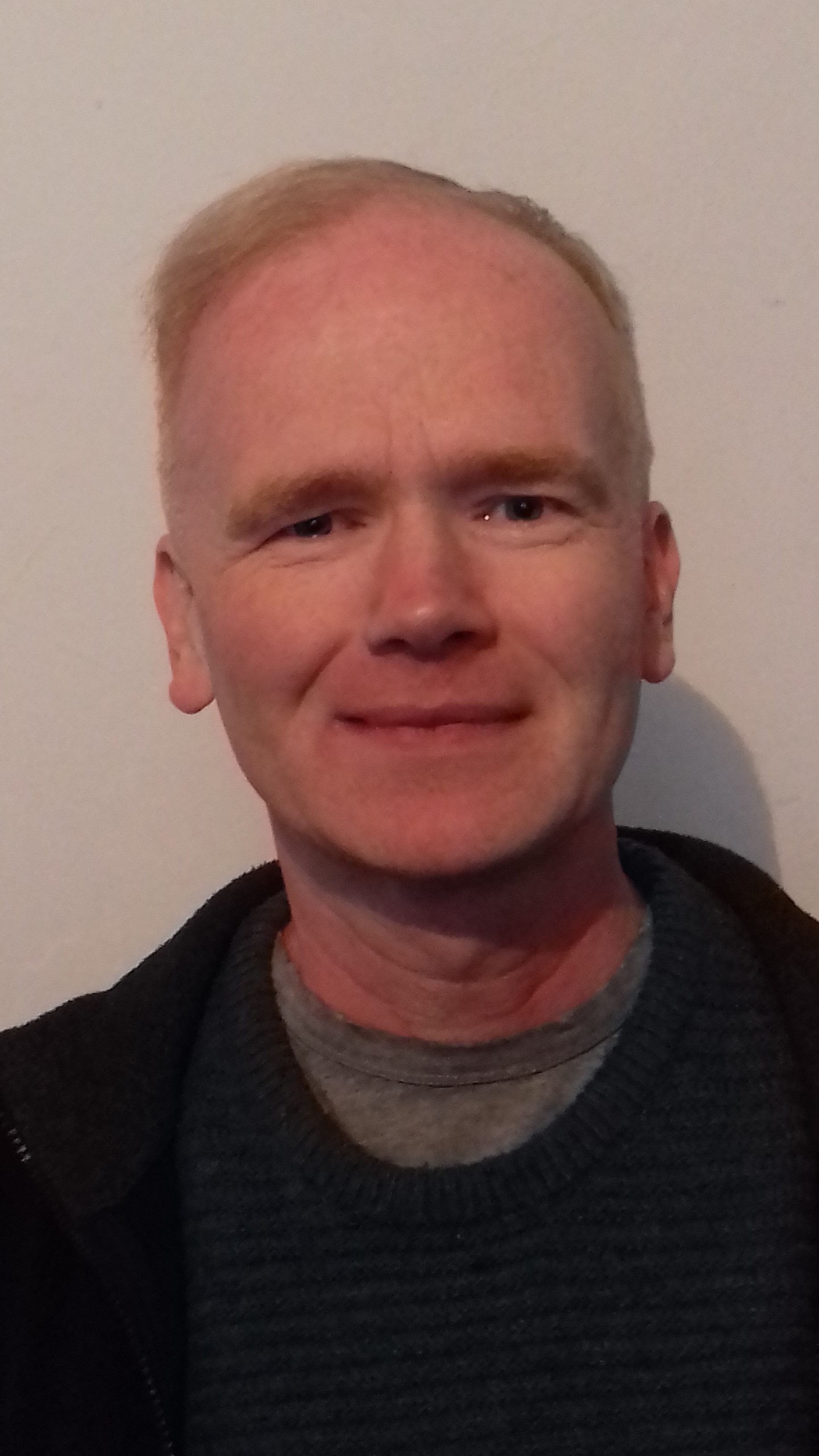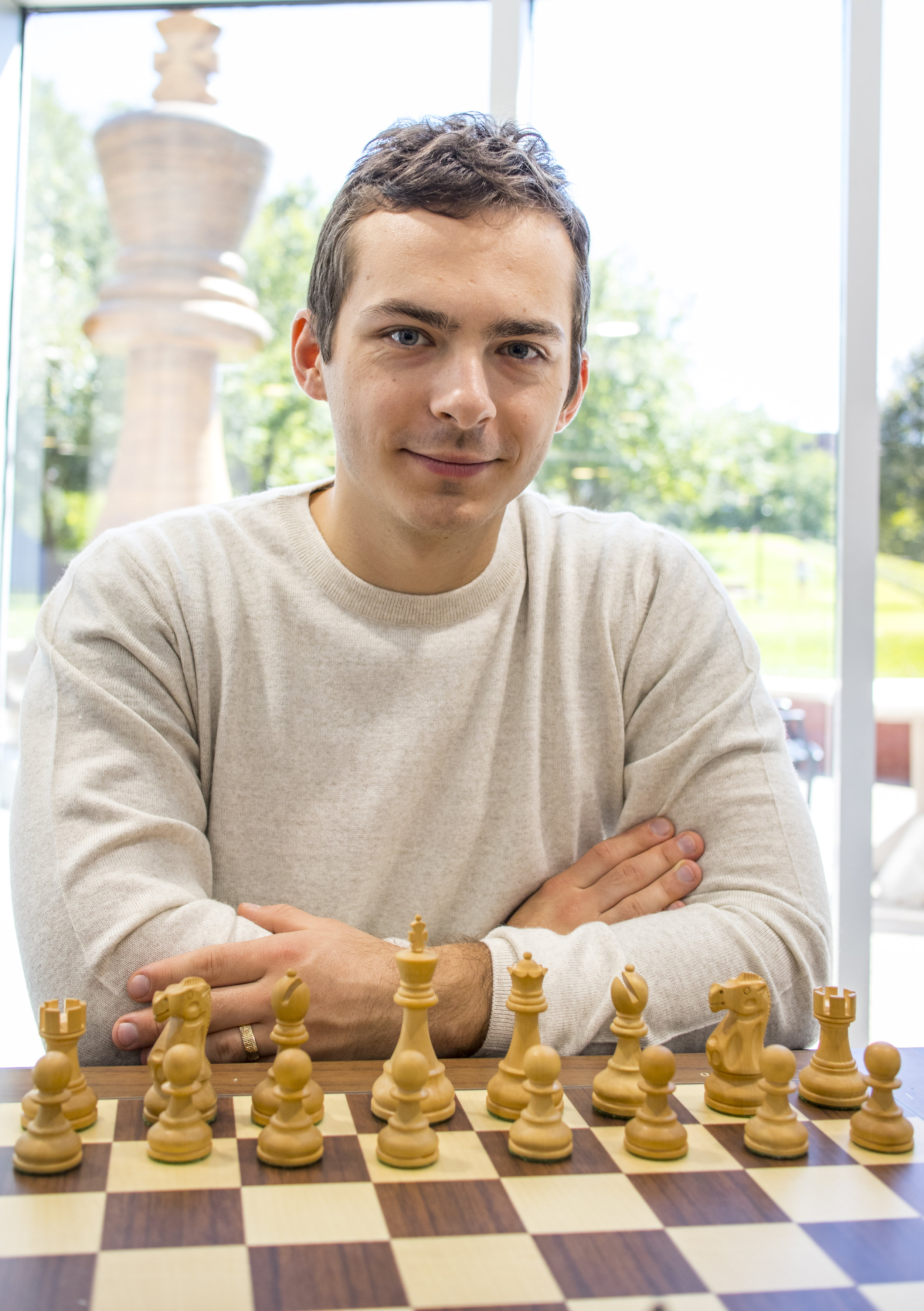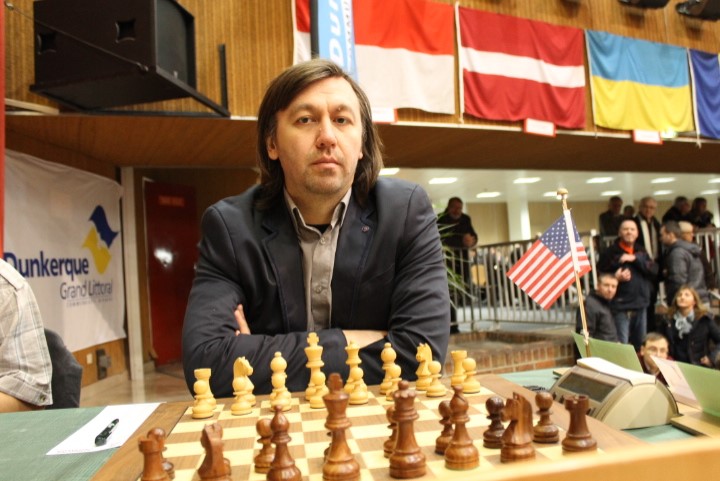Photo courtesy of Dr. Kenneth Regan
Dr. Kenneth Regan is an International Master, an associate professor of Computer Science at the University of Buffalo, and is one of the world’s foremost experts on using predictive analytics to help detect computer-assisted cheating in chess tournaments. With the chess world abuzz about the alleged cheating of GM Igors Rausis, I thought it would be the perfect time to invite Dr. Regan to join me to discuss all of the challenges faced by those who work to stop chess cheaters from undermining the integrity of our beloved game. Naturally we also discuss IM Regan’s other research and hear stories and reflections on his background as a strong chess player. (Dr. Regan was the 1977 US Junior co-champion and broke the record of Bobby Fischer as the youngest USCF Master!) Please continue reading for more details, links and timestamps.
Click here to download the episode.
0:00- Intro. We begin by discussing some background about the Igors Rausis cheating scandal and the issue of engine-assisted chess in tournaments more generally. As Kenneth explains, his work involves using predictive analytics to assess the probability that a person received engine assistance in a chess game or series of chess games.
Mentioned: 2006 Kramnik-Topalov World Championship Match (aka “ToiletGate”) , Frederic Friedel, Alekhine-Capablanca 1927 , Tamal Biswas
21:00- According to Dr. Regan’s metrics, what was the best played chess match in history prior to Fischer-Spassky 1972?
Mentioned: So-Karjakin 2019
26:00- Dr. Regan’s discusses some of the inherent challenges of his work detecting possible cheating in live chess tournaments, including the issue of the risk of “false positive” results in his algorithm.
Mentioned: Howard Goldowsky’s 2014 Chess Life Feature of Kenneth Regan
39:00- A Patreon supporter of the podcast asks Dr. Regan what club players can do to detect and deter potential cheaters.
44:00- How does online cheating differ from live tournament cheating?
Mentioned: Daniel Sleator of the Internet Chess Club, Danny Rensch and Mike Klein of Chess.com
46:45- Another supporter of the show submits a list of questions for Dr. Regan touching on topics ranging to his own experiences with cheating to his background as a strong chess player, to where he sees the next battle being fought in the realm of chess cheating.
Mentioned: Dennis Monokroussos’ The Chess Mind Blog , Dr. Regan’s Ted Talk ., IM Regan’s blog post, London Calling , Weapons of Math Destruction by Cathy O Neil
1:05- How surprised was Dr. Regan by the rise of neural networks like AlphaZero and Leela?
1:09- We talk a bit about Dr. Regan’s own chess career. How did he improve? What were his favorite chess books?
Mentioned: Sam Copeland’s interview with Kenneth Regan
Pawn Power in Chess, My System,Capablanca’s Hundred Best Games of Chess, Laszlo Szabo, Jaan Ehlvest, Rafael Vaganian, John Fedorowicz, Tarjei Svenson article summarizing Magnus Carlsen’s dispute with Norwegian Chess Federation
1:19- Goodbye! Keep up with IM Regan via his blog and his professional page.

